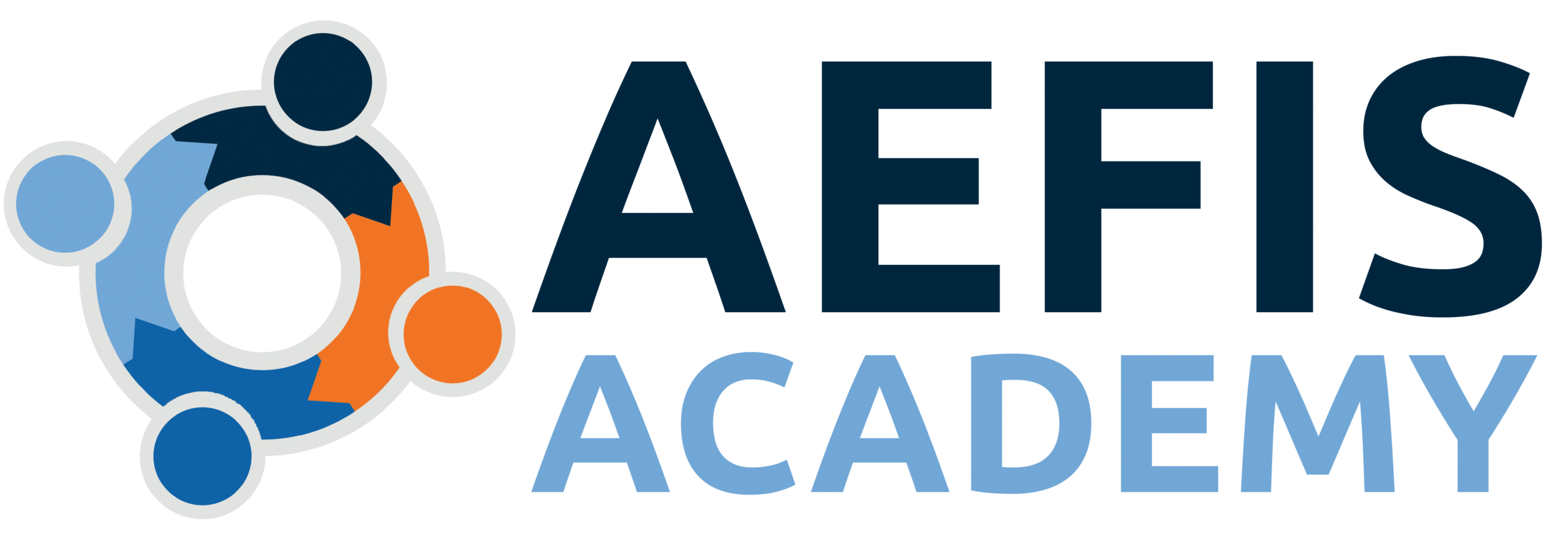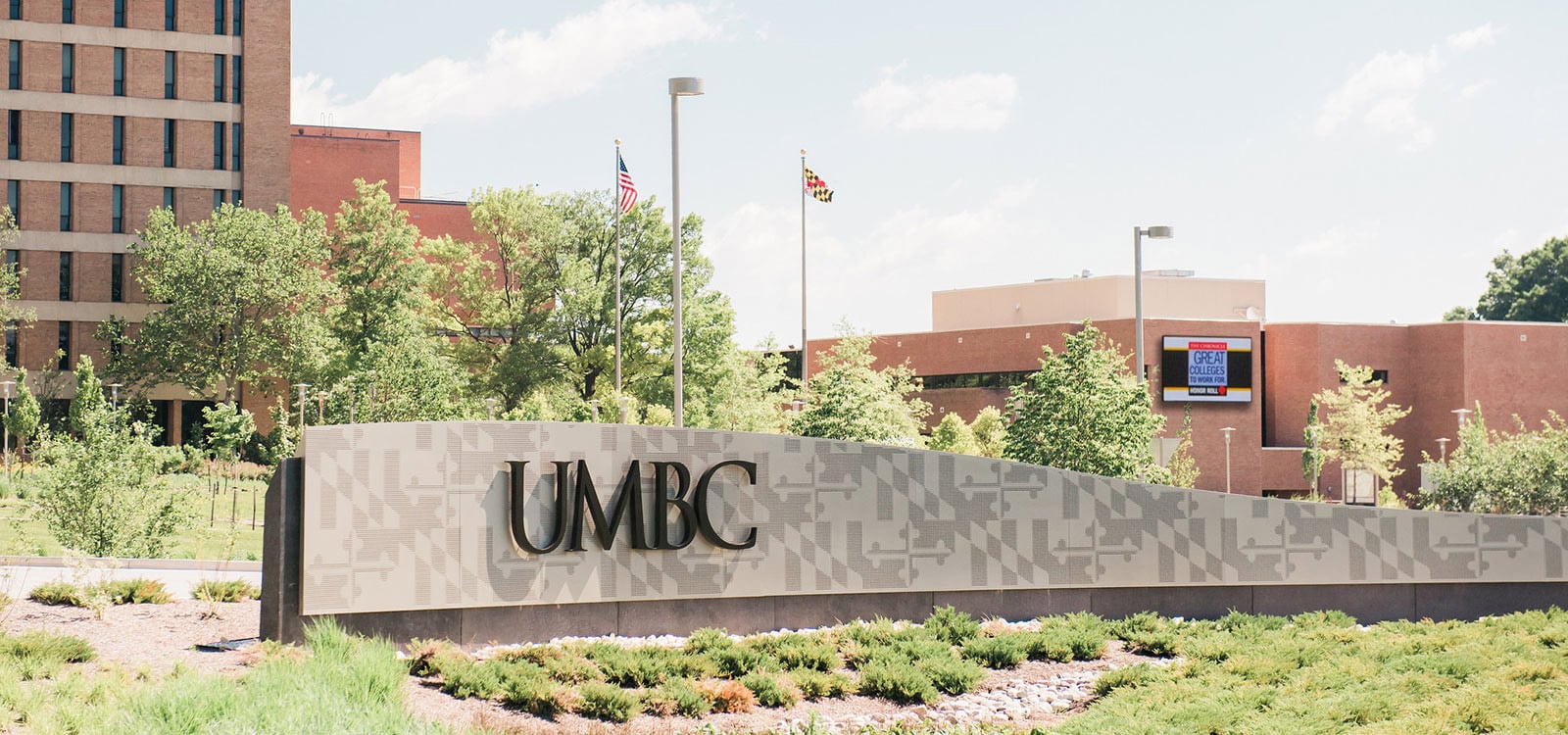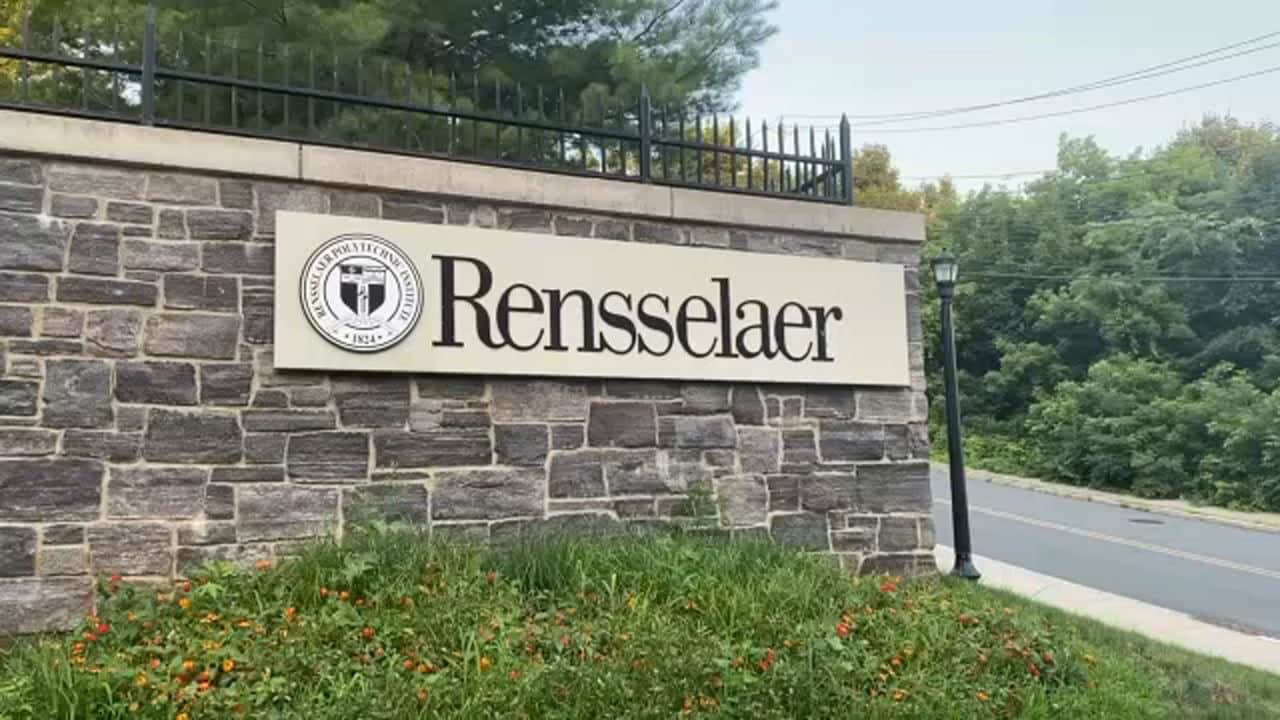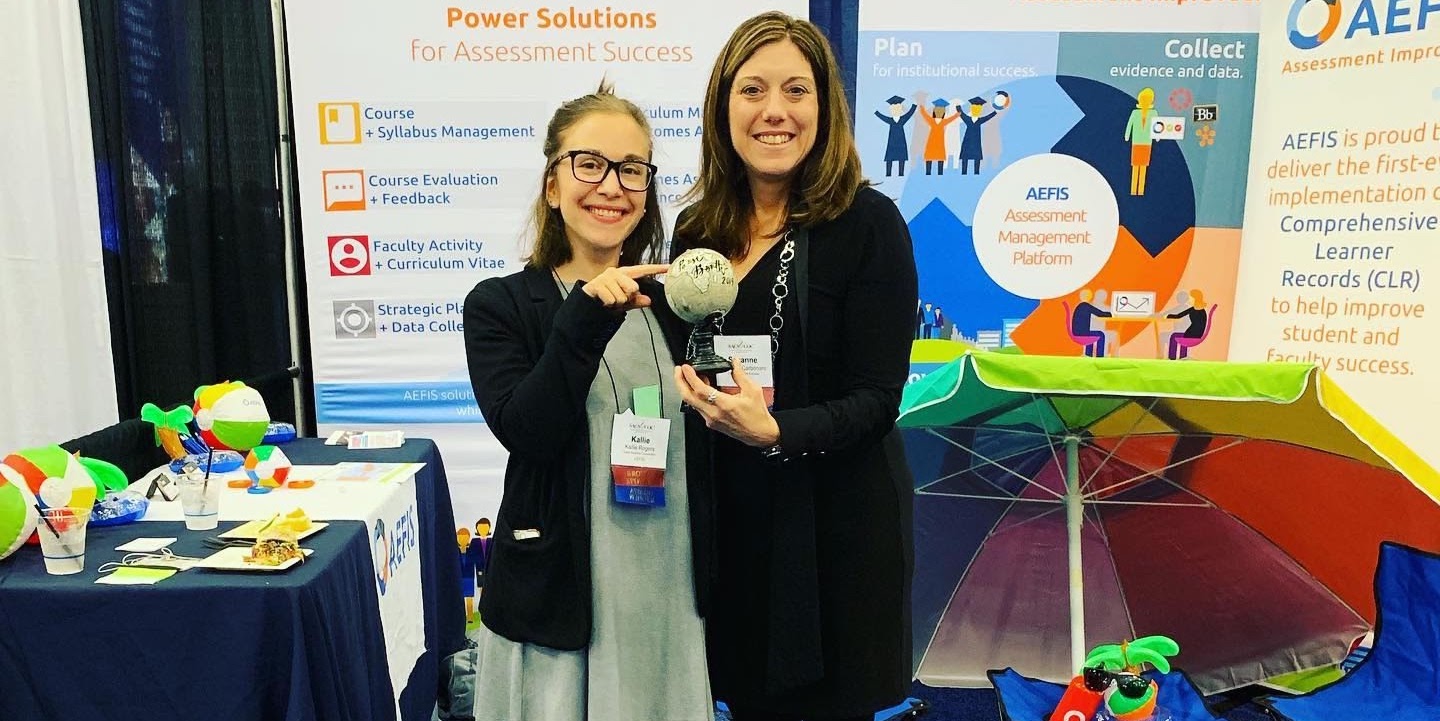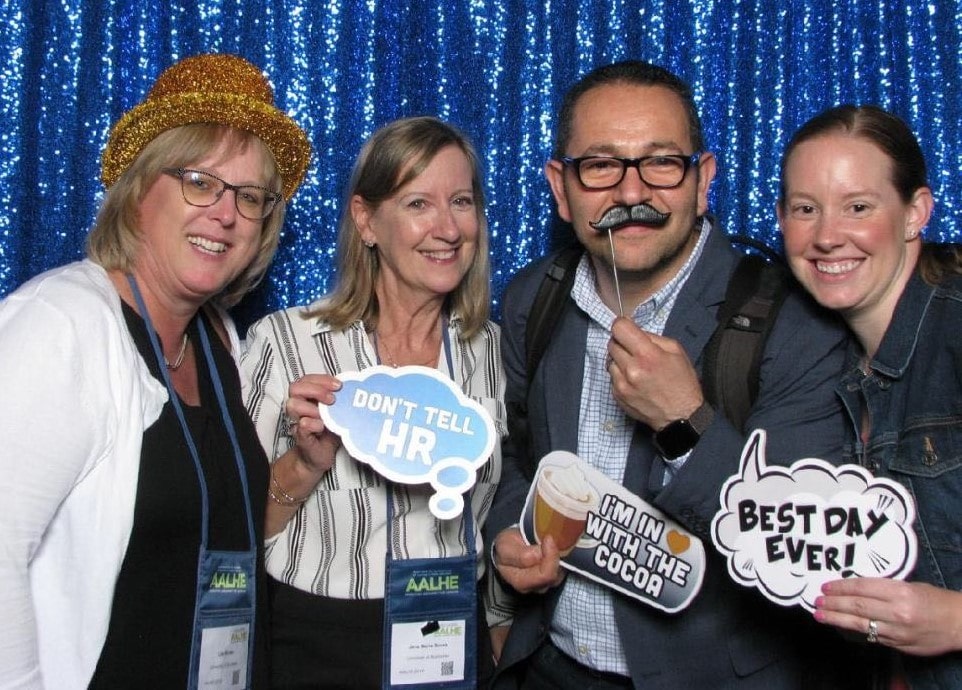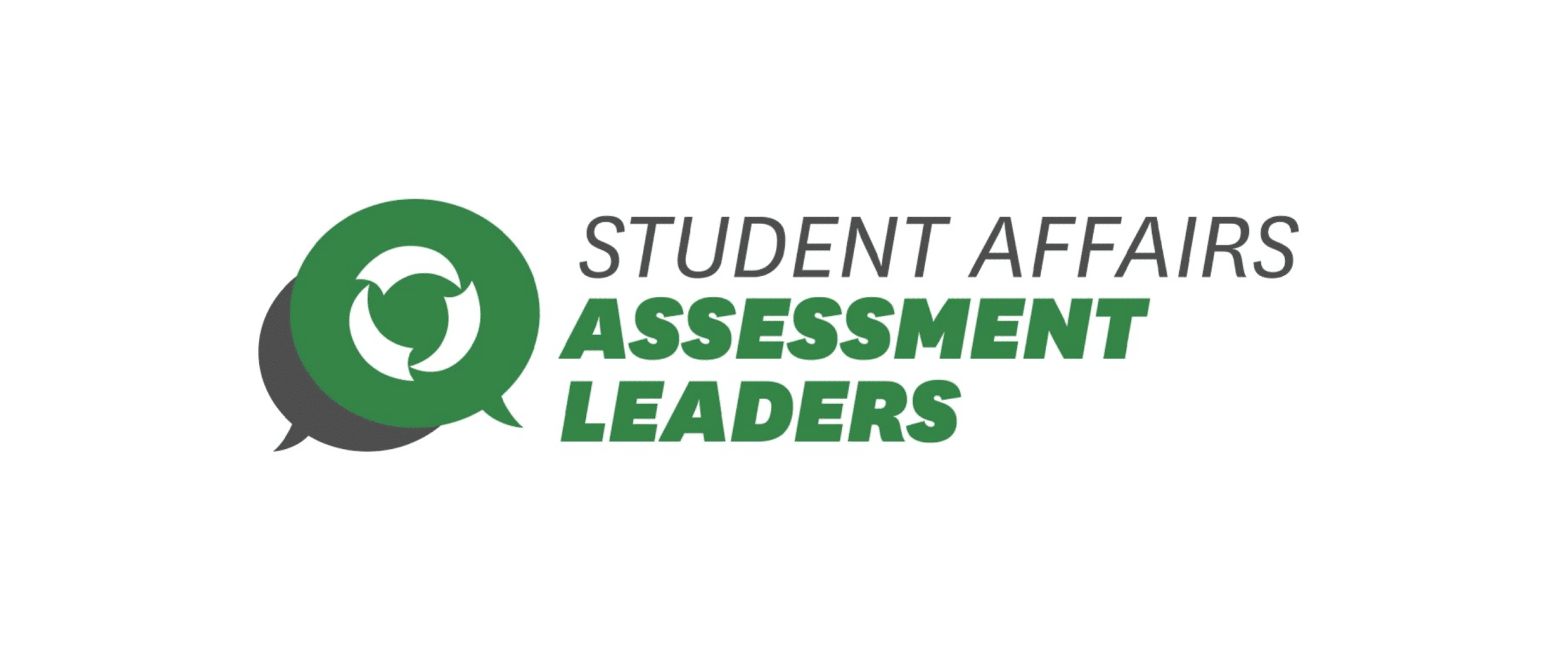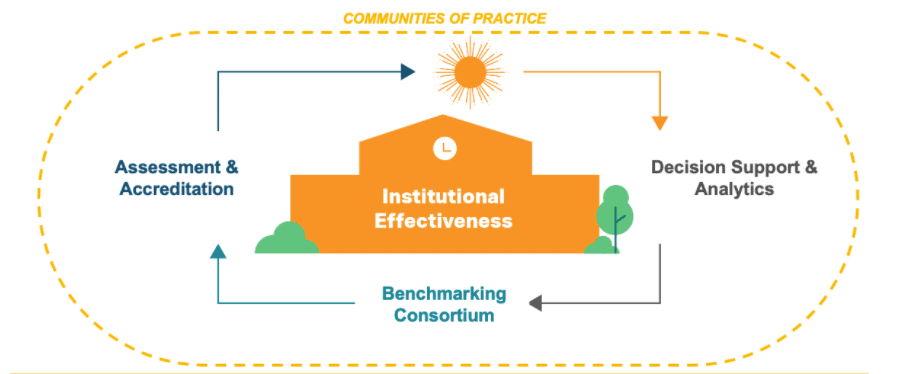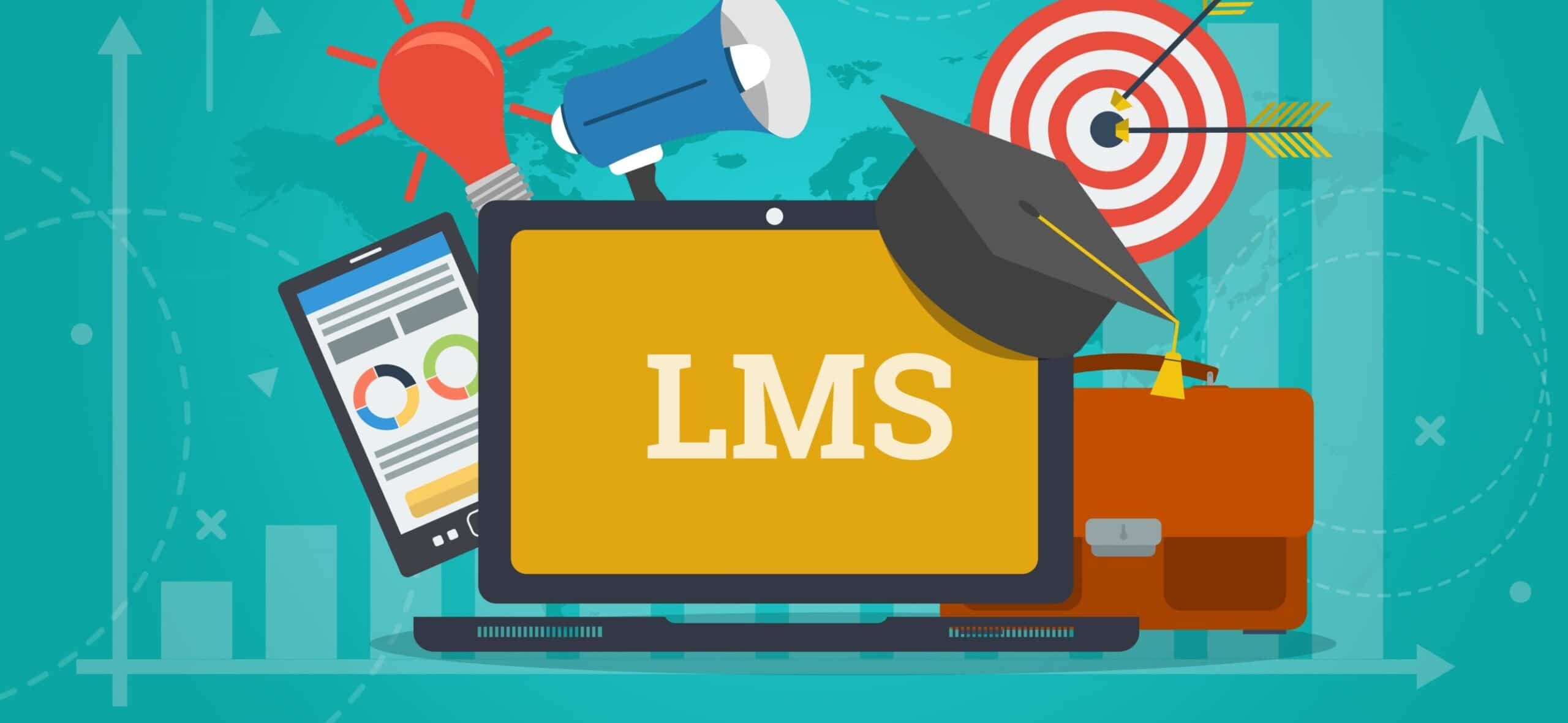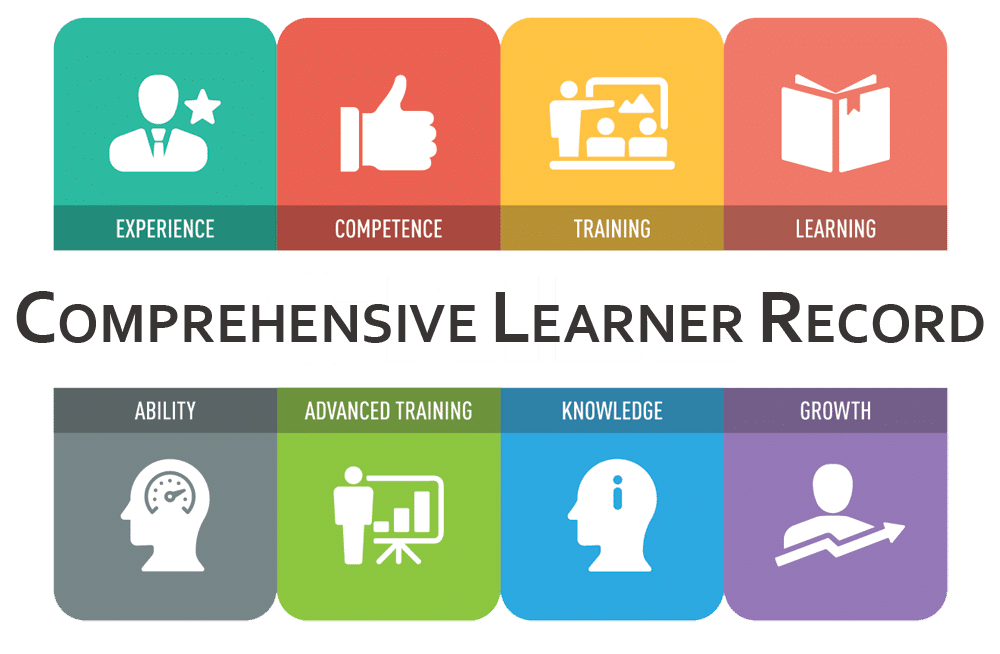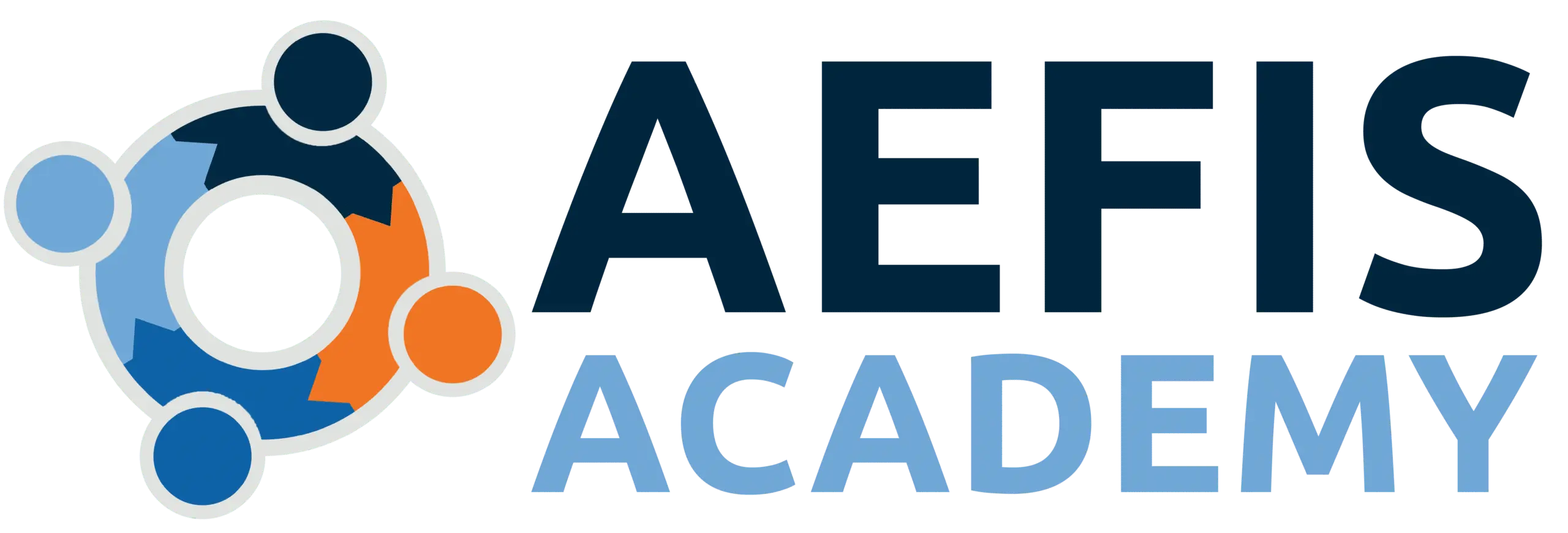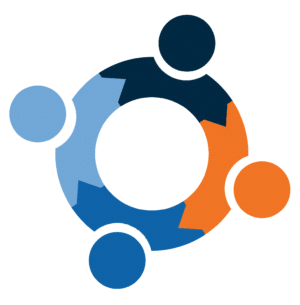Upcoming Live Events
Continuous Improvement of Student Learning: Designing a Comprehensive Learner Logic Model
This session will provide insight into the University of Maryland, Baltimore County’s Comprehensive Learner Record (CLR) logic model and how this effort organically provides evidence of student learning while meeting the requirements of Middle States Accreditation. The collection of CLR data align with Standards III, IV, and V. In collaboration with Greater Washington Partnership (GWP) Capital COLab, an academic and industry body focused on developing a skilled workforce, UMBC’s CLR processes tracks acquisition of knowledge, skills and abilities (KSAs). This effort supports UMBC's goal in synthesizing learning across modules, courses and other learning experiences.
See how UMBC’s CLR logic model is supporting curriculum revision, student learning and preparing students for their future careers and how partnering with employers in your institution’s region supports the mission and vision of learning and career readiness.
Meet Our Partners Series—Leveraging Academic and Unit Program Review in Service of Your Middle States Self Study
Having a vision for your assessment process is key but putting that vision into action is where the rubber hits the road. Rensselaer Polytechnic Institute (RPI) is deeply entrenched in providing leadership development for all of its stakeholders through its Archer Center. The Center is currently employing a program review process that includes collecting assessment data on student life, human resources, ethics, law, policy and governance, diversity equity and access, financial resources and technology, and facilities and equipment. Concurrently, engineering programs are engaged in curriculum mapping and outcomes alignment processes which involve using technology and collaboration to connect with program stakeholders to make informed decisions about student performance and improvement. Listen in as community member Amy Svirsky shares her institution's best practices in collecting assessment across RPI and how these data are informing their Middle States self-study.
AEFIS Makerspace: Design Your Success Journey with AEFIS
Let’s create your Success Plan with AEFIS! Our Client Development Team will be available to help you design your assessment success journey and determine how AEFIS can help.
“Assessment: The Musical!”—Episode 18 Making Your Self-Study Process Your Regular Institutional Effectiveness Process
This particular webinar is titled “Episode 18—Making Your Self-Study Process Your Regular Institutional Effectiveness Process will give us as a community an opportunity to talk more about best practices in using your self-study planning process as your institutional effectiveness planning and reporting process; your regular cadence for checking in on what is working and what needs improvement.
Student Affairs Assessment Leaders Present—Open-Online Course Preview Session Live!
Prior to launching our free assessment MOOC, Applying & Leading Assessment in Student Affairs, the Student Affairs Assessment Leaders (SAAL) is hosting a live session on January 25 at 2:00 PM EST with the instructors to share course details (past outcome data, new improvements, etc.), share why we love the course, and discuss how folks – faculty, staff, graduate students, and anyone interested in assessment – can leverage it for individual and collective professional development. They’ll be time for Q&A, as well.
Institutional Effectiveness 2.0 in Action—Empowering Stakeholders to Lead Beyond Their Role
Institutional Effectiveness 2.0 in action requires a new way of leading, collecting data, and using data to drive decision-making. It requires leaders to empower their faculty and staff to not only contribute to an institution's success but give them room to lead beyond their titles to accelerate success within their department, college, or unit. And ensuring that stakeholders have meaningful data at their fingertips tell success stories and write new ones fosters the necessary decision-making power required for improvement and change across an institution. Learn from leaders at the University of Kentucky and Lincoln Land Community College who are leading their institution to think beyond their titles to transform theories of change into practice, establish communities of practice, and drive continuous improvement using data to elevate effectiveness, foster sustainability, and a clear return on investment for students.
Leveraging Your Canvas LMS Data for Student Success and Continuous Improvement
The ability to extract student learning outcomes data from your Learning Management System (LMS) is essential for assessment and continuous improvement. We believe technology should not be a barrier to the important work of leading your institutional effectiveness initiatives. In fact, we believe that pulling your LMS data seamlessly into your evidence for continuous improvement should be automatic.
Leveraging Your Blackboard LMS Data for Student Success and Continuous Improvement
The ability to extract student learning outcomes data from your Learning Management System (LMS) is essential for assessment and continuous improvement. We believe technology should not be a barrier to the important work of leading your institutional effectiveness initiatives. In fact, we believe that pulling your LMS data seamlessly into your evidence for continuous improvement should be automatic.
Leveraging Your D2L LMS Data for Student Success and Continuous Improvement
The ability to extract student learning outcomes data from your Learning Management System (LMS) is essential for assessment and continuous improvement. We believe technology should not be a barrier to the important work of leading your institutional effectiveness initiatives. In fact, we believe that pulling your LMS data seamlessly into your evidence for continuous improvement should be automatic.
AEFIS Comprehensive Learner Record—the How, Why, and When to CLR
You have likely been exposed to Comprehensive Learner Record (CLR) in some way before and are wondering what it takes to actually develop and implement one. You may also be wondering more about the possibilities, uses, and what a CLR even looks like. Is it a portfolio? Is it verifiable? Is it really portable? This session will provide participants with the core components that are required for creating a meaningful CLR. These include determining your pathway, purpose, and need for establishing a CLR initiative at your institution—including capturing, assessing, validating, and recording learning across various learning activities (courses, co-curriculum, internships, etc.) and formulating them into a CLR. Through a case study approach, together will discuss the how, why, and when for CLR, data integration, and the IMS CLR Standard for making these data interoperable and ultimately create a CLR Start-up Guide for successful design and implementation of CLR at your institution.
Swimming Upstream with your life jacket on—Making use of data to impact student learning & institutional effectiveness
AEFIS Academy Community Event Description COVID-19 has transformed Student Affairs nationwide. According to a March 2021 Chronicle of Higher Education webinar “The Future of Student…
Aligning Assessments with Institutional Priorities
. Campuses are rich with information about student learning, faculty contributions, and facilities for student success. And there are different shepherds of these data points, from student affairs practitioners to academic program directors to students themselves. From self-studies to program review, designing an overarching assessment plan linked to outcomes to present data to internal and external stakeholders is essential. This form of strategic planning and assessment can unify processes at the college, department/unit, and course/co-curricular level and give visibility to instructors, administrators, and other leaders' impact on student success.
